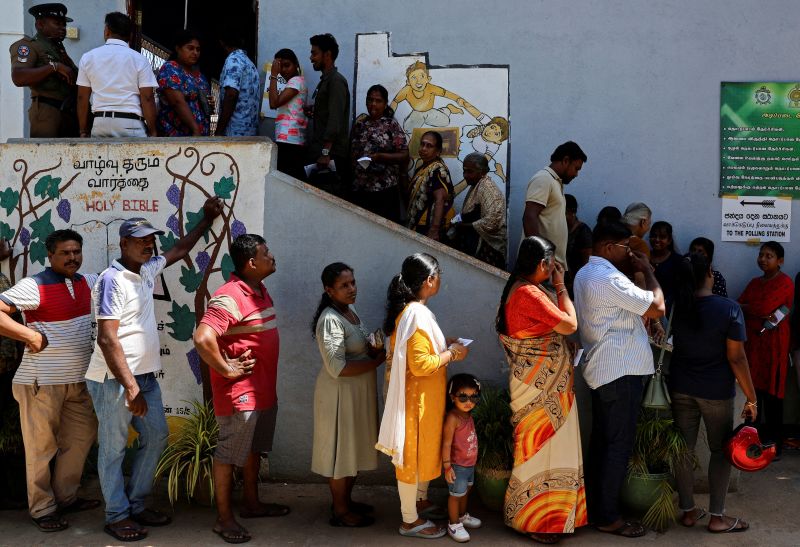
Radical Change: Sri Lankans Choose Marxist Dissanayake to Revitalize Economy
Sri Lankans Elect Marxist-Leaning Dissanayake as President to Fix Economy
The recent election in Sri Lanka brought a historic change to the country’s political landscape, as the majority of voters elected a Marxist-leaning candidate, Dissanayake, as their new president. This surprising choice reflects the growing concern among Sri Lankans about the state of their economy and the desire for significant change in the country’s governance.
Dissanayake’s victory signals a shift towards a more left-leaning approach to economic policies in Sri Lanka. His campaign promised to address income inequality, tackle corruption, and prioritize the needs of the working class. As a champion of workers’ rights and social justice, Dissanayake appealed to voters who have been struggling to make ends meet in the face of rising costs of living and stagnant wages.
One of the key pillars of Dissanayake’s economic plan is to promote local industries and reduce dependence on foreign imports. By investing in domestic production and creating more job opportunities within the country, he aims to boost the economy and improve the lives of ordinary Sri Lankans. Additionally, Dissanayake has pledged to crack down on tax evasion and implement progressive taxation policies to ensure that the wealthy contribute their fair share towards national development.
The election of a Marxist-leaning president in Sri Lanka has sparked both excitement and apprehension among various stakeholders. Supporters see Dissanayake as a transformative leader who will usher in a new era of prosperity and social equality. Critics, on the other hand, worry that his policies might deter foreign investment and lead to economic instability.
However, Dissanayake has assured the international community that his government will maintain a balance between socialist ideals and pragmatic economic strategies. He plans to collaborate with regional partners and seek foreign investment that aligns with Sri Lanka’s developmental goals. By fostering positive relationships with other countries, Dissanayake aims to strengthen Sri Lanka’s position in the global economy and create mutually beneficial trade agreements.
As Sri Lanka embarks on this new chapter with a Marxist-leaning president at the helm, the world will be watching closely to see how his economic policies unfold. The challenges ahead are significant, but Dissanayake’s commitment to uplifting the most vulnerable members of society and reshaping the economy for the better gives hope to many Sri Lankans who are eager for change. Only time will tell if Dissanayake’s presidency will truly deliver on its promises and lead Sri Lanka towards a more prosperous and equitable future.
